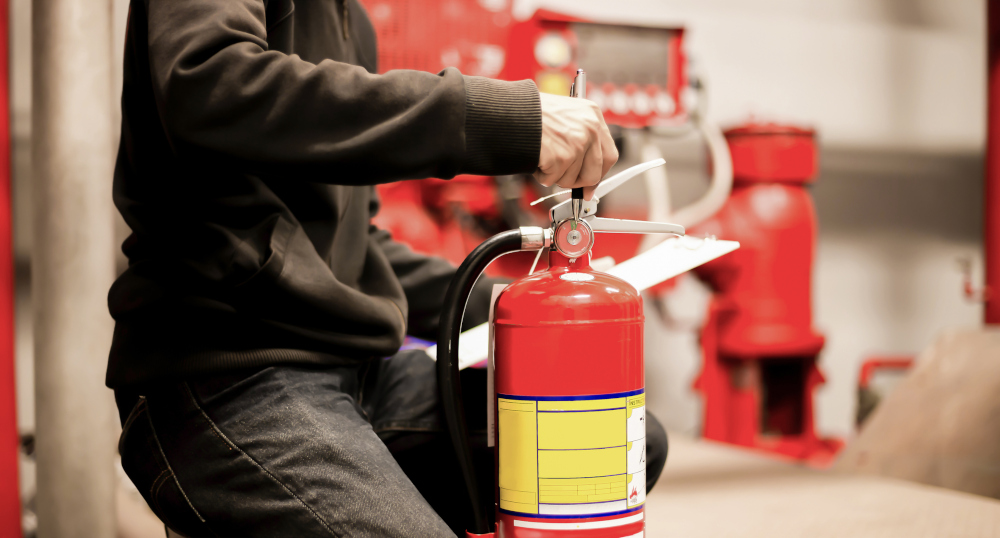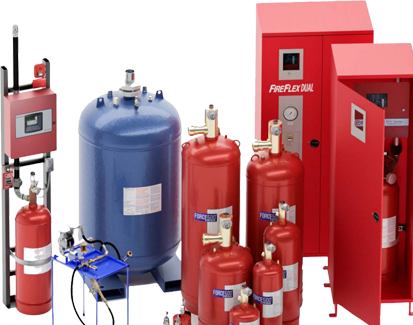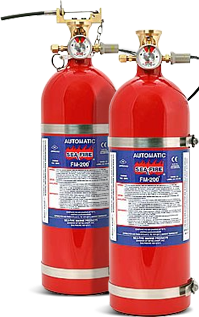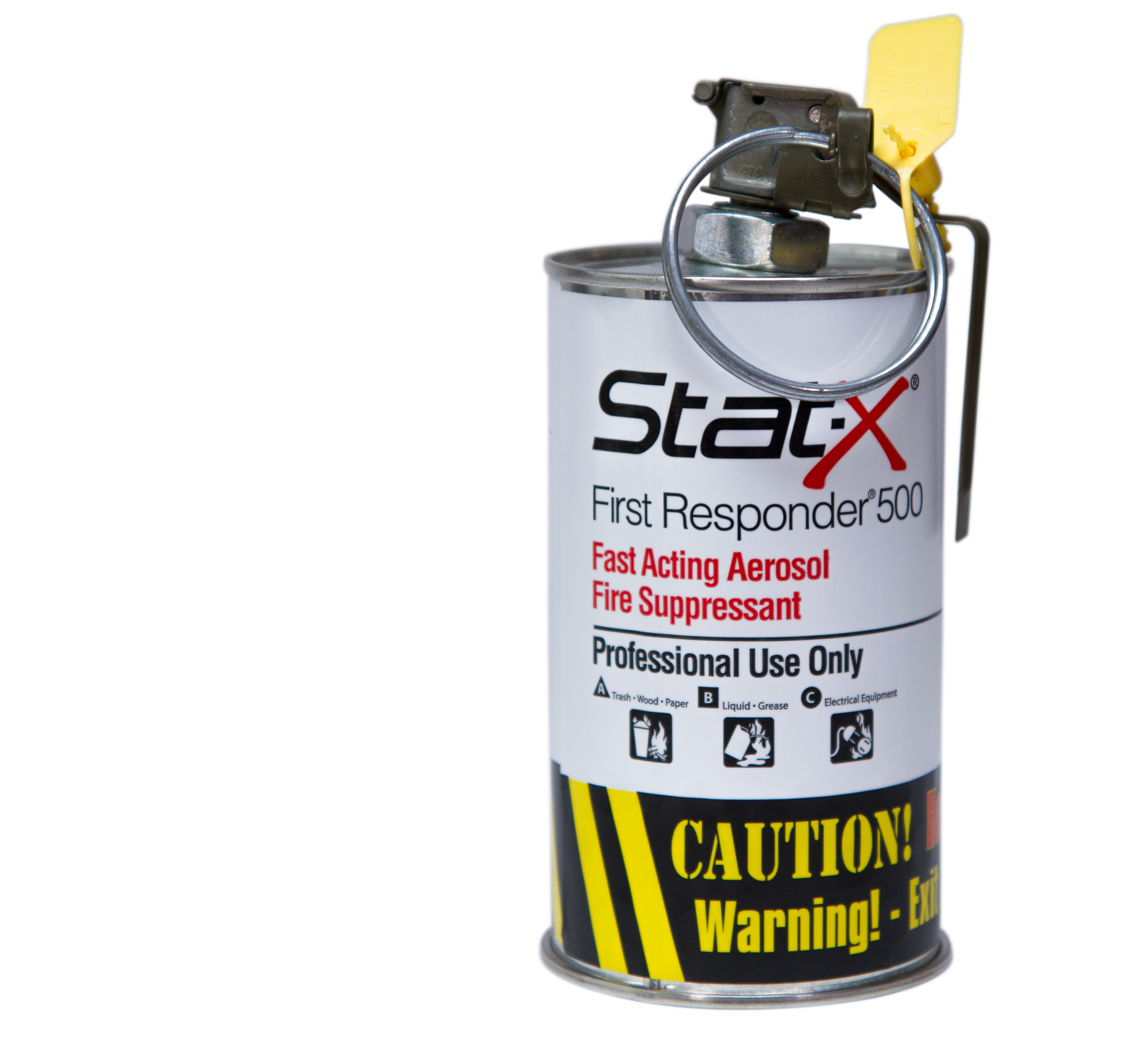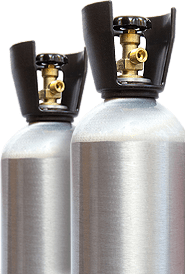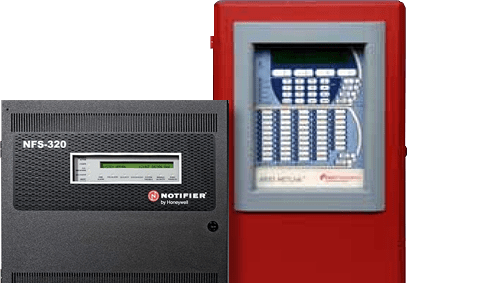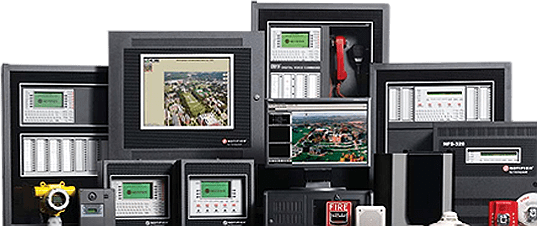Industrial Fire Protection Services: Ensuring Safety in High-Risk Environments
The Importance of Specialized Fire Protection Services in Industrial Settings
In the intricate world of industrial operations, fire safety transcends ordinary measures. The potential for catastrophic fires in such environments is significantly higher due to the presence of hazardous materials, heavy machinery, and complex processes. This is where specialized industrial fire protection services step in, playing a crucial role in safeguarding not just assets and infrastructure, but most importantly, human lives. The importance of these services lies in their ability to identify and mitigate risks unique to industrial settings, offering tailored solutions that ensure the safety and continuity of operations.
Identifying the Unique Fire Risks and Challenges Faced by Industrial Facilities
Industrial environments, with their myriad of activities ranging from chemical processing to heavy manufacturing, present a distinct and complex array of fire risks and challenges. These settings are often characterized by the presence of hazardous materials such as flammable liquids, gases, and combustible dust, each posing a unique threat that demands specific attention. Moreover, the extensive scale and interconnected nature of industrial operations can lead to rapid fire spread, potentially resulting in significant damage and operational disruptions.
Addressing these risks effectively requires a nuanced understanding of the varied fire hazards inherent in these environments. This involves assessing factors like the chemical properties of materials, the processes involved, and the layout of the facility. Consequently, developing bespoke fire protection strategies becomes imperative. These strategies must be comprehensive, encompassing not only the right type of fire suppression system s but also incorporating robust fire detection, employee training, and emergency response plans. By tailoring these strategies to the specific needs of each industrial setting, it's possible to mitigate the risks effectively, safeguarding both personnel and assets from the devastating impact of fires. This level of tailored protection is vital for maintaining the safety and integrity of complex industrial operations.
Explore further
Overview of the Types of Fire Suppression Systems Suitable for Industrial Applications
Addressing the diverse fire risks in industrial environments requires a carefully considered selection from a variety of fire suppression systems. These systems, including water mist, foam, dry chemical, and gas-based suppressants, are chosen based on the unique hazards inherent to each industrial setting. For areas with a high concentration of electrical equipment, non-conductive gas-based suppressants are preferable due to their ability to extinguish fires without damaging sensitive machinery. Conversely, C02 or Aerosol systems are often the go-to choice in scenarios where flammable liquids pose a significant risk, as they effectively smother fires by cutting off the oxygen supply. Additionally, dry chemical suppressants, known for their versatility, are widely used for various types of fires, including those involving combustible metals. The selection of an appropriate system hinges on several factors, such as the specific type of fire risk, the characteristics of the materials present, and the overall layout and design of the facility. This meticulous approach ensures that the chosen fire suppression system aligns with the unique needs of the industrial environment, providing optimal protection and safety.
Discussion on Compliance with Safety Regulations and Standards in Industrial Settings
Compliance with fire safety regulations and standards is a non-negotiable aspect of industrial fire protection . Regulations often vary depending on the industry and the nature of materials handled. Staying compliant not only ensures legal adherence but also guarantees that the most effective and up-to-date fire protection measures are in place. This includes regular updates and audits to align with evolving safety standards, ensuring that fire protection strategies are as robust as possible.
The Role of Regular Inspections and Maintenance in Preventing Industrial Fires
The effectiveness of fire protection systems hinges on their proper maintenance and regular inspections . In industrial settings, where the risk of fire can be high, it's crucial to ensure that all fire protection equipment is in optimal working condition. Regular inspections help identify potential issues before they escalate into major problems, and maintenance ensures that systems are always ready to perform effectively in the event of a fire. This proactive approach to fire safety maintenance is key in preventing fires and minimizing damage if a fire does occur.
One of the world's largest oil companies faced a significant challenge in protecting its gas turbines at a new flagship crude oil gathering center. The company required a system that could offer flame, heat, and gas detection, along with suppression capabilities, all while complying with NFPA 72® standards and ensuring redundancy with SIL-2 certification.
The solution provided met critical benchmarks for productivity, safety, and dependability essential for industrial-scale equipment. The system combined multiple applications and ensured SIL certified data exchange between the main turbine control panel and the fire and gas detection system. This approach resulted in a redundant, fault-tolerant system that efficiently protected the facility's vital components.
The results were impressive, meeting all client expectations by providing comprehensive protection for the turbine chamber, coupling, and accessories room. The system's successful implementation and compliance with international standards, including NFPA 72, EN listing, and SIL 2 certification, marked a significant advancement in industrial fire safety.
This case study illustrates the critical role of specialized fire protection systems in industrial settings, highlighting the importance of innovative solutions, technical expertise, and compliance with safety standards in managing fire risks effectively.
People also search
Conclusion
Ensuring safety in high-risk industrial environments is a complex but vital task. Specialized fire protection services offer the expertise and solutions necessary to meet these challenges head-on. If you're responsible for fire safety in an industrial setting, consider reaching out to Control Fire Systems today to discuss your specific needs and safeguard your operations.




